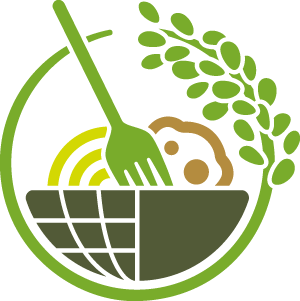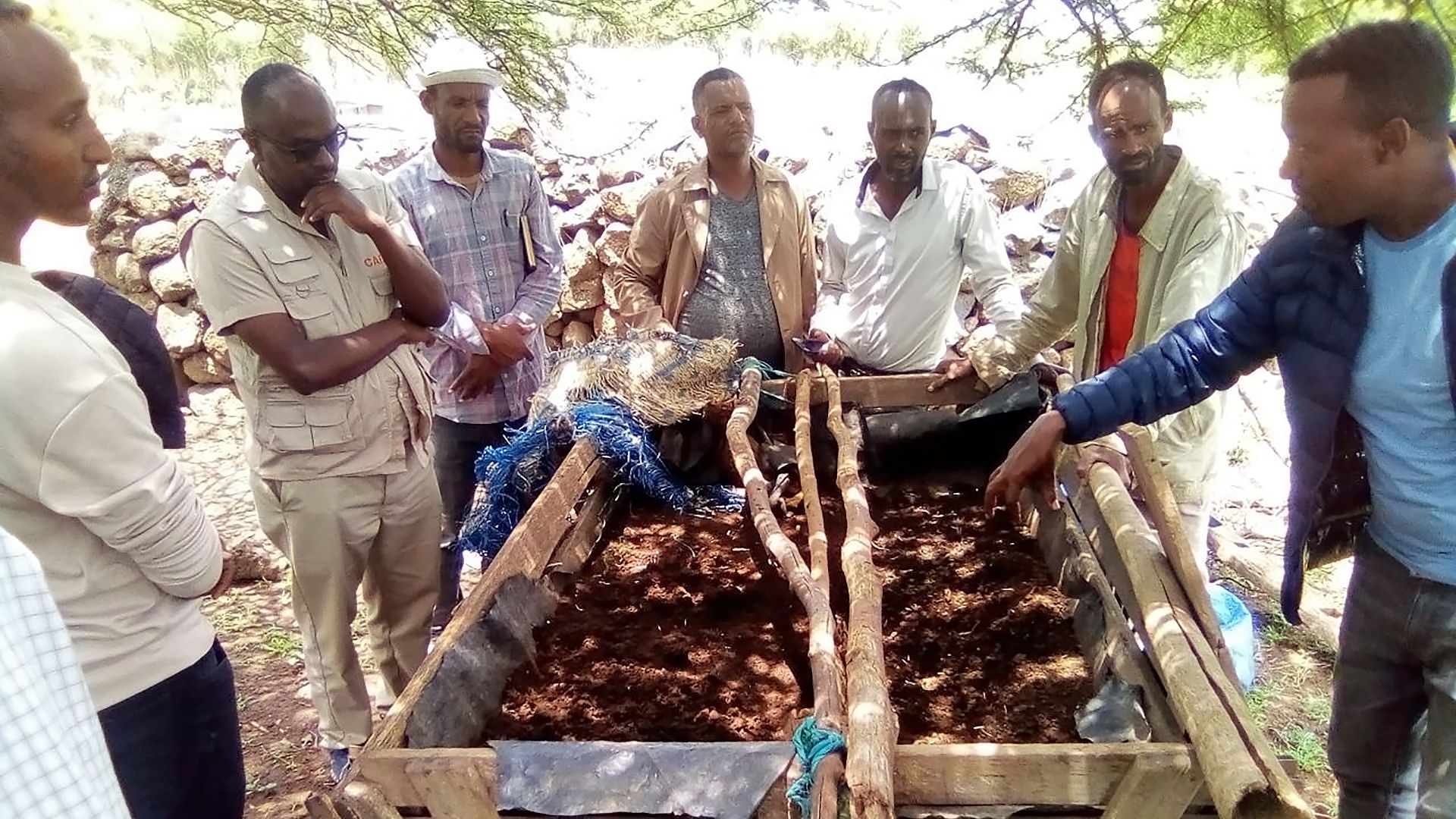Vermicomposting – a farmer proven technology for soil health in Ethiopia
In the Ziway Shalla sub-basin of Ethiopia, farmers face significant soil fertility challenges due to erosion, soil acidity, and depletion of organic matter. To address this, the project «Improving food security and nutrition in the Sahel by safeguarding Wetlands through Ecological Sustainable Agricultural Water management» (SaWeL) introduced vermicomposting and improved seed varieties. Farmers embraced vermicomposting for its cost-effectiveness and environmental benefits, leading to increased crop productivity. Additionally, restoration efforts and capacity-building initiatives yielded positive outcomes, including enhanced biodiversity, improved soil conservation, and increased community resilience. Overall, the project showcased the potential of sustainable agricultural practices to improve livelihoods and conserve natural resources in the region.
AFS Newsletter - Member Article by
Introduction: Ethiopia grapples with a host of soil fertility issues, ranging from erosion to nutrient depletion, necessitating a departure from reliance on chemical fertilizers alone. These challenges prompt a shift towards sustainable agricultural practices that can effectively address soil health concerns (Wakene et al., 2007).
Transitioning to Organic Fertilizers: Traditional reliance on chemical fertilizers is proving unsustainable due to its environmental and economic costs. In contrast, organic fertilizers offer a cost-effective and eco-friendly alternative. Among these, vermicomposting stands out as a method that utilizes earthworms to break down organic matter into nutrient-rich compost. Unlike conventional composting methods, vermicomposting not only enriches soil fertility but also offers practical advantages such as ease of use, odorlessness, and efficient nutrient delivery for plant growth.
Adoption of Vermicomposting in the Ziway-Shalla Sub-Basin: Situated within the Central Rift Valley lakes basin, the Ziway-Shalla sub-basin sustains a diverse range of livelihoods, but faces significant challenges related to poverty and food insecurity. To address these issues, the SaWeL project was initiated in 2019, with a focus on promoting food security through sustainable agricultural practices. As part of this initiative, training sessions were conducted for local stakeholders and cooperative union members, emphasizing best agronomic practices including vermicomposting (SaWeL Project Report).
Impact on Crop Production: The adoption of vermicomposting among farmers in project target areas has yielded promising results. This shift in practice has been particularly notable in light of escalating chemical fertilizer costs and increased governmental advocacy for organic agriculture. Feedback from farmers indicates a marked improvement in crop yields and soil health. Notably, teff farmers Hassan Rago and Kaso Geloto reported a significant increase in teff production following the adoption of improved seed varieties and the application of vermicompost. With yields doubling from 0.2 to 1.4 tons per hectaretheir experiences underscore the tangible benefits of locally produced composts in enhancing agricultural productivity (SaWeL Project Report).
Additional Achievements: In addition to the positive impacts on crop production, the SaWeL project has achieved notable successes in environmental conservation and community capacity-building. Through restoration efforts and buffer zone management, substantial areas have been rehabilitated, leading to enhanced biodiversity and reduced erosion. Capacity-building initiatives have contributed to increased community awareness and skills, empowering local stakeholders to make informed decisions regarding sustainable land management practices (SaWeL Project Report).
Conclusion: The adoption of vermicomposting represents a significant step towards sustainable agriculture in the Ziway-Shalla sub-basin of Ethiopia. As the country continues to address its agricultural challenges, embracing organic fertilizers like vermicompost offers a promising pathway towards improved food security, environmental sustainability, and community resilience.


